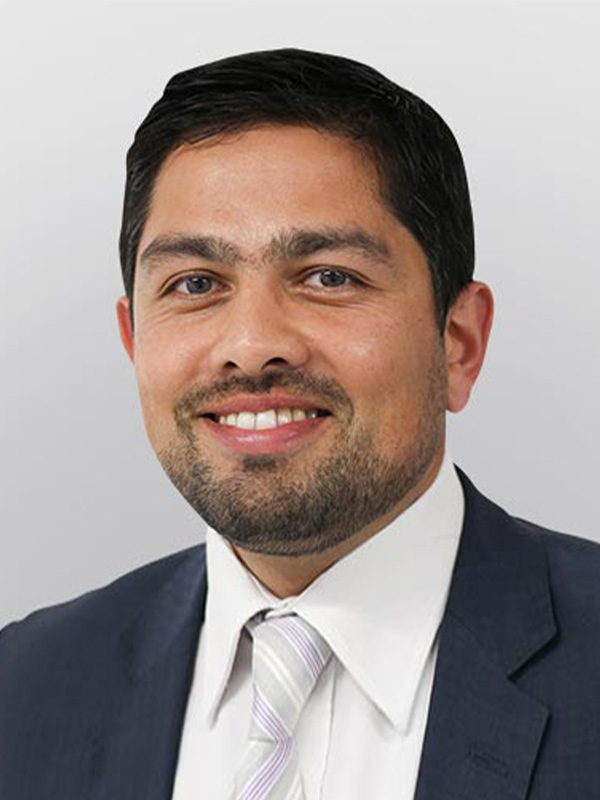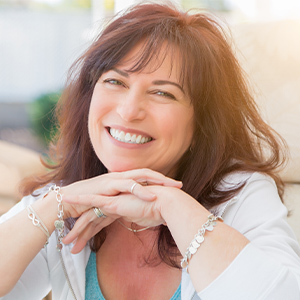
How do they keep your head still during cataract surgery?
Cataract surgery is a precise procedure that requires the utmost steadiness of the patient’s head to ensure accuracy and safety. For many prospective patients, the thought of remaining perfectly still during eye surgery can be daunting. Understanding how surgeons manage this aspect of the procedure can help alleviate some of the anxiety associated with the operation.
In this blog, we’ll explore the techniques and tools used to keep your head still during cataract surgery, ensuring a smooth and successful experience.
Pre-Surgery Preparation
Before the surgery begins, patients are usually given a mild sedative to help them relax. This medication doesn’t put you to sleep but helps ease any nerves, making it easier for you to stay still during the procedure. Alongside sedatives, local anaesthesia is applied to the eye to numb the area, ensuring that the procedure is painless. The combination of sedation and local anaesthesia helps patients remain comfortable and calm, reducing the natural tendency to move.
Use of a Head Stabiliser
During cataract surgery, a device known as a head stabiliser or headrest might be used. This tool helps to keep the patient’s head in a fixed position. The head stabiliser is gently positioned around the head, and while it doesn’t clamp down tightly, it provides a comfortable restraint that discourages any significant movement. This is crucial for the surgeon, who needs to work with high precision on a micro-scale.
Adjustable Surgical Table
The surgical table used during cataract surgery usually can adjust and tilt in various directions. This feature allows the surgeon to position the patient optimally for access to the eye being operated on. The flexibility of the table helps maintain the patient’s head in the most suitable position throughout the surgery.
Verbal Guidance and Reassurance
Surgeons and surgical assistants play a vital role in keeping the patient still. They provide constant verbal cues and reassurance during the procedure, guiding the patient on when to keep the eyes open and when to remain particularly still. This ongoing communication helps manage patient movements and enhances their comfort level, making the process smoother and less stressful.
Technological Aids
In addition to physical restraints and sedatives, advanced technology is sometimes employed to track and compensate for any minor involuntary movements. Some modern surgical devices come equipped with eye-tracking systems that monitor the position of the eye in real time. These systems can adjust the surgical instruments automatically according to any small movements, ensuring that the procedure remains precise even if the patient shifts slightly.
What Happens If You Blink During Surgery?
During cataract surgery, you can’t blink because of a device called a lid speculum. This instrument is specifically designed to gently hold your eyelids open throughout the procedure. Before inserting the lid speculum, we ensure your comfort by applying numbing eye drops to your eye, which prevent any sensation of pain or discomfort.
Additionally, your eye will be thoroughly cleansed to maintain a sterile environment before the surgery begins. This preparation ensures that the procedure can be carried out smoothly without interruptions from blinking.
What Happens If You Move During Surgery?
Despite all these measures, slight movements can still occur. Surgeons are highly trained to anticipate and react to these minor adjustments without impacting the success of the surgery. In the rare event of a significant movement, the procedure can be paused safely until everything is back in the correct position.
During the surgery, your head will be securely positioned on a headrest to minimise movement. We may administer sedation to help you relax, and there is also the option to undergo the surgery under general anaesthesia. Your ophthalmologist will discuss the best approach with you before the procedure begins.
Post-Surgery
After the surgery, it’s normal to feel a slight discomfort as the sedatives wear off, but severe pain is rare. Patients are usually able to go home the same day, with a follow-up appointment scheduled to check on the recovery process.
Cataract surgery might seem intimidating, especially with the necessity of keeping still during the procedure. However, with the use of mild sedatives, head stabilisers, adjustable surgical tables, and verbal reassurance from the surgical team, this requirement is made comfortably manageable for the patient. Surgeons are adept at handling slight movements, and modern technology further aids in accommodating natural reflexes during surgery.
If you are considering cataract surgery but are concerned about staying still during the operation, remember that your surgical team is well-equipped and experienced in ensuring your comfort and safety. Book a free virtual assessment with us today to discuss your concerns and learn more about how we can help you regain clear vision comfortably and confidently.
Find out if you are suitable for vision correction
Not everyone is eligible for vision correction surgery.
Find out if you could benefit from this life changing surgery by taking the quick self-suitability quiz below:
Our most popular procedures
What our patients say…
★ ★ ★ ★ ★
“A very professional and care-based process. All stages were carefully explained and executed efficiently. Dr. Musa is highly skilled and has a wonderful support team. Many thanks.”
★ ★ ★ ★ ★
“I was very impressed with Dr. Musa. He was highly professional and explained everything he was going to do. My eyes are brilliant now, and I felt very happy with everything. I wouldn’t hesitate to recommend him.”
★ ★ ★ ★ ★
“The results after 24 hours are amazing. I have perfect vision in the close, mid, and distance ranges, with no need to wear glasses at all. I could not be more pleased with the results. Thank you, Dr. Musa. Highly recommended!”
★ ★ ★ ★ ★
“I highly recommend Dr. Musa for laser eye surgery. I was hesitant to proceed with the surgery for 2 years, but as soon as I had a conversation with Dr. Musa, I felt at ease. He thoroughly explained the shape of my cornea and recommended the safest procedure for me.”
We have replaced the images of real patients who provided these testimonials to protect their privacy.

Hi, I’m Dr. Musa
Your vision is incredibly precious, and I believe in taking the time to ensure you are fully informed about your condition and the available treatment options. I value open communication and will dedicate the necessary time to explain each option, discussing the relative risks and benefits associated with them. Making an informed decision about your vision requires careful consideration, and I am committed to guiding you every step of the way.
Trust in my fellowship-trained expertise to provide you with the highest standard of care. I understand the significance of preserving and enhancing your vision, and I prioritise your well-being above all else. Visit our clinic to experience personalised care and specialised treatment tailored to your specific needs. Together, we can safeguard the health and clarity of your sight.
Dr Fayyaz Musa
MBChB (Edin) FRCOphth (Lon) CertLRS (RCOphth) PGDipCRS
Expert Laser Eye and Cataract Surgeon





